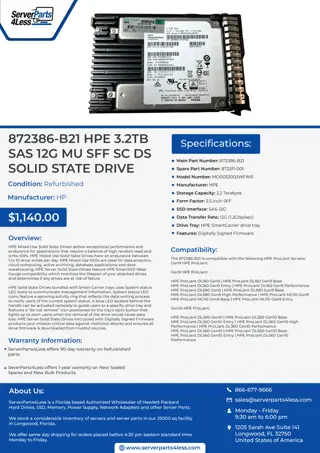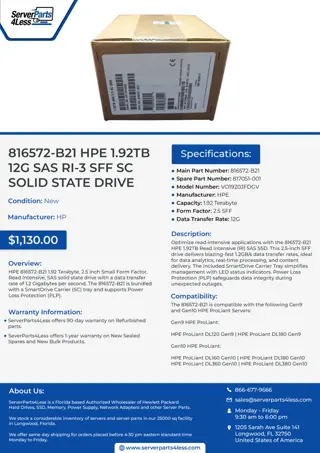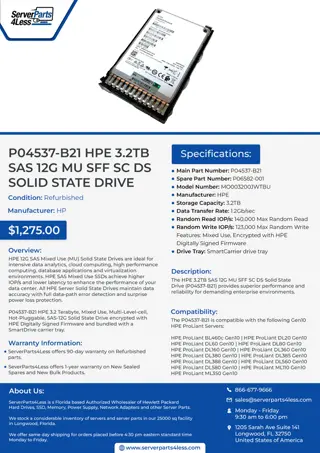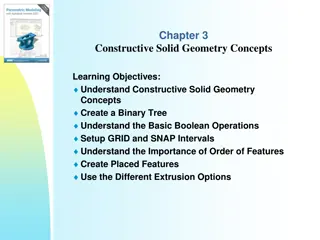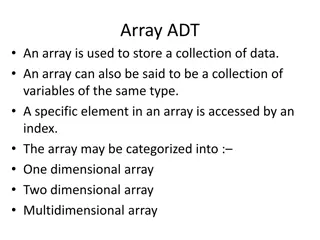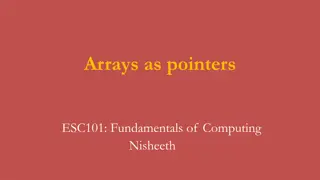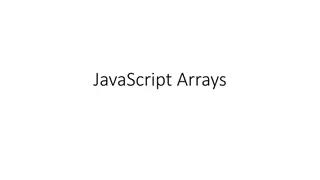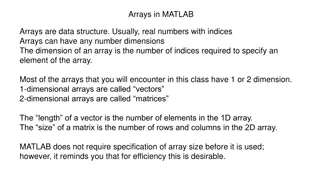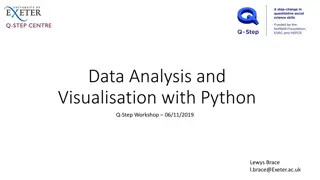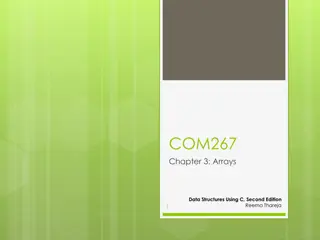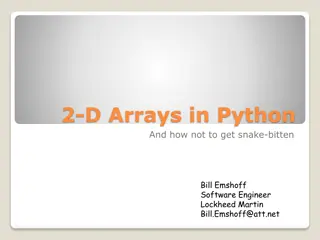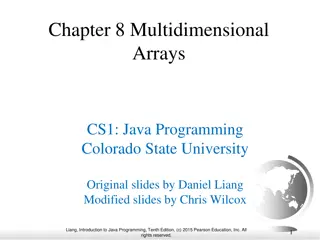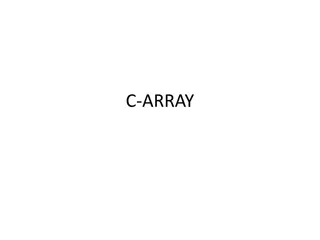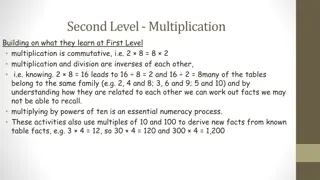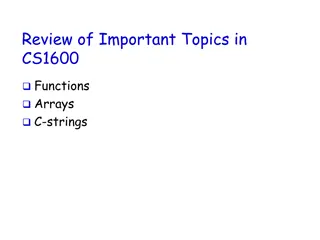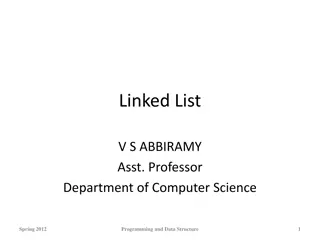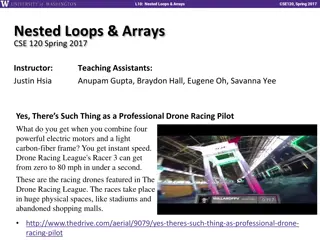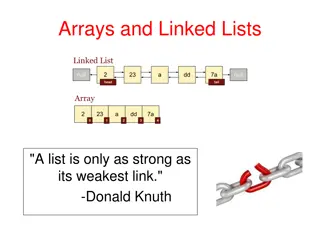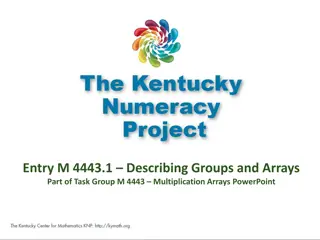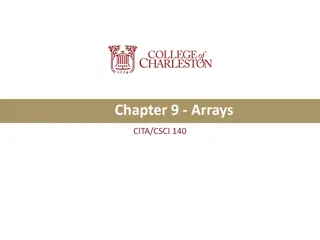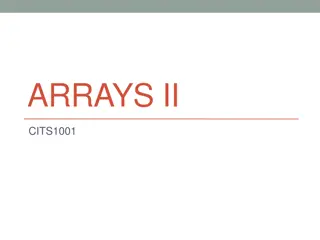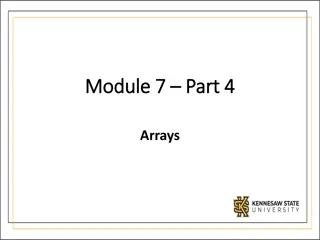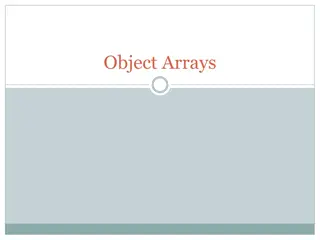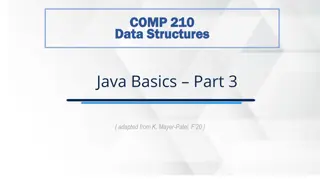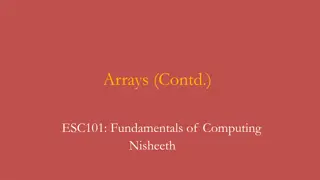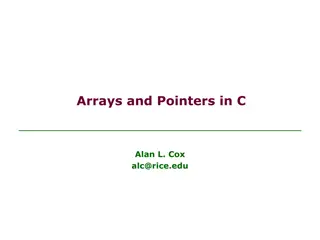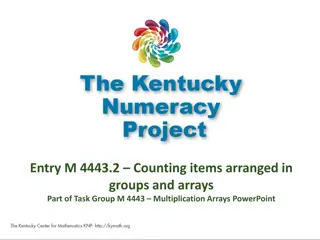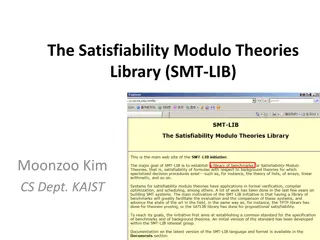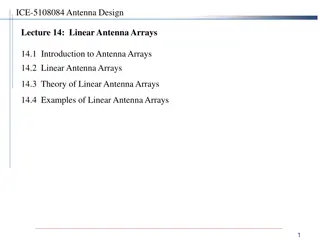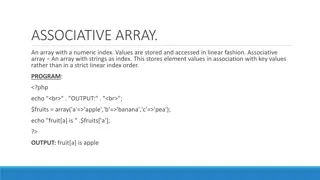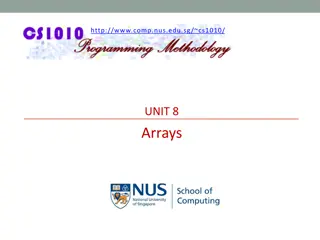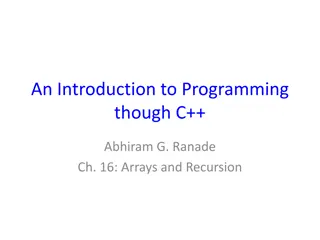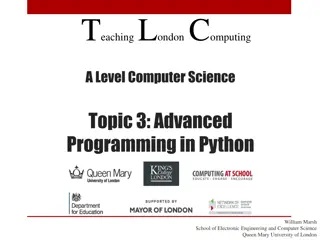SOLID COPPER EARTH ROD
Nexus Metal & Alloys is a leading manufacturer, exporter and supplier of Solid Copper Earth Rod, Solid Copper Bonded Rod, Solid Copper Earth Rod Lightning Protection Accessories, Pure Copper Bonded Rod, Electrolytic Copper Earth Rod, Solid copper rods, Solid Copper Earth Bars, Solid copper ground el
5 views • 3 slides
872386-B21 HPE 3.2TB SAS 12G MU SFF SC DS SOLID STATE DRIVE
Refurbished | HPE 872386-B21 | 3.2TB SAS 12G MU SFF SC DS SOLID STATE DRIVE | \u2713 FREE and FAST Ground Shipping across the U.S. | Best Price Guaranteed\n\nProduct URL: \/\/ \/872386-b21-hpe-3-2tb-sas-12g-mu-sff-sc-ds-solid-state-drive\/
0 views • 1 slides
816572-B21 HPE 1.92TB 12G SAS RI-3 SFF SC SOLID STATE DRIVE
New | HPE 816572-B21 | 1.92TB 12G SAS RI-3 SFF SC SOLID STATE DRIVE | \u2713 FREE and FAST Ground Shipping across the U.S. | Best Price Guaranteed\n\n\/\/ \/816572-b21-hpe-1-92tb-12g-sas-ri-3-sff-sc-solid-state-drive\/
0 views • 1 slides
P04537-B21 HPE 3.2TB SAS 12G MU SFF SC DS SOLID STATE DRIVE
Refurbished | HPE P04537-B21 | 3.2TB SAS 12G MU SFF SC DS SOLID STATE DRIVE | \u2713 FREE and FAST Ground Shipping across the U.S. | Best Price Guaranteed\n\n\/\/ \/p04537-b21-hpe-3-2tb-sas-12g-mu-sff-sc-ds-solid-state-drive\/
0 views • 1 slides
Constructive Solid Geometry Concepts
Explore Constructive Solid Geometry (CSG) concepts including binary tree representation, Boolean operations, base feature selection in parametric modeling, and the importance of order in feature creation. Learn about CSG's role in representing solid models and its applications in the field of solid
1 views • 13 slides
Arrays: Overview and Examples
Arrays are essential data structures used to store collections of data in programming. They can be one-dimensional, two-dimensional, or multidimensional, accessed by specific indices. Learn about linear arrays, indexing methods, and two-dimensional arrays through detailed explanations and visual rep
2 views • 33 slides
Environmental Challenges in Assam: Solid Waste and Deforestation Issues
Assam faces critical environmental problems such as solid waste mismanagement and deforestation. The syllabus emphasizes three main issues: solid waste management, deforestation, and watershed management. Solid waste, categorized by origin, hazard potential, and contents, poses significant challenge
1 views • 15 slides
Arrays as Pointers: Fundamentals of Computing
Explore the concept of using arrays as pointers in the context of computing. Learn how to create array of char pointers to store multiple strings, access elements in arrays of pointers, and understand the rules for accessing individual elements. Discover the nuances of pointer manipulation and array
1 views • 10 slides
Working with JavaScript Arrays: Storing and Accessing Data
Arrays in JavaScript serve as containers to hold multiple values like strings, numbers, and booleans within a single variable. They provide a more efficient way to store and manage data compared to using individual variables for each value. The guide covers creating arrays, initializing them, access
3 views • 13 slides
Arrays in MATLAB for Efficient Data Handling
Explore how arrays in MATLAB are used to store real numbers with indices, including vectors and matrices. Learn about row and column vectors, vector input to MATLAB functions, and the efficient usage of for loops for handling data effectively within arrays.
1 views • 8 slides
Arrays and Number Relationships for Learning Math
Explore the concepts of arrays, commutativity, factors, primes, squares, and multiplication strategies for building arrays. Delve into understanding rows, columns, and various ways to calculate products efficiently. Discover how to make arrays using counters and learn about prime numbers and factor
0 views • 10 slides
NumPy for Efficient Data Analysis in Python
NumPy is a foundational package for numerical computing in Python, essential for data analysis and machine learning projects. It provides efficient multidimensional arrays for fast arithmetic operations, mathematical functions, tools for data manipulation, and integration with other languages. This
1 views • 76 slides
Arrays in Data Structures Using C
Arrays in C are collections of data elements with the same data type stored in consecutive memory locations. This chapter covers array declaration, accessing elements, storing values, operations, passing arrays to functions, pointers, two-dimensional arrays, and more. Arrays are accessed using indic
3 views • 80 slides
2D Arrays in Python
Explore the concept of 2D arrays in Python through the implementation of the Minesweeper game. Learn how to represent game boards, handle lists as arrays, and work with multi-dimensional data structures for efficient game development.
8 views • 17 slides
Two-Dimensional Arrays in Java Programming
Explore the concept of two-dimensional arrays in Java programming through examples and illustrations. Learn how to declare, create, and initialize two-dimensional arrays efficiently to represent matrices or tables. Discover the benefits of using multi-dimensional arrays for data organization and man
2 views • 25 slides
One-Dimensional Arrays in C Programming
Arrays in C are collections of variables of the same data type that allow storing a group of data. This article covers the basics of one-dimensional arrays in C, explaining syntax, declaration, initialization, and accessing elements. It also provides examples and a sample program to demonstrate arra
1 views • 26 slides
Object-Oriented Programming Concepts Illustrated
Learn about creating and working with arrays, defining functions, and building classes in an object-oriented programming context. Dive into examples like creating arrays of objects, defining arrays with pointers, and designing classes for a publishing company that markets books and audio cassettes.
5 views • 24 slides
Advanced Multiplication Concepts Through Arrays and Partitioning
Delve into the intricacies of multiplication through hands-on activities using arrays, partitioning, and understanding the commutative property. Discover how arrays can help visualize multiplication, learn to partition numbers for easier calculations, and grasp the concept of multiplying by powers o
0 views • 17 slides
Arrays in CS1600: A Comprehensive Review
Working with arrays in CS1600 involves essential concepts like declaring arrays, array variables, variable types, and usage of indexed variables. Arrays provide a structured way to store and process collections of data of the same type efficiently. Mastering array basics is crucial for effective pro
0 views • 83 slides
Comparison between Array and Linked List Data Structures
Linked lists and arrays are commonly used data structures in programming. Linked lists offer flexibility in size changes and efficient rearrangement of elements, while arrays provide direct access to elements based on their index. Linked lists involve pointers connecting elements, allowing for dynam
0 views • 24 slides
Nested Loops and Arrays in CSE120, Spring 2017
Dive into the world of nested loops and arrays in CSE120 during the Spring semester of 2017. Explore the fascinating concepts of nested loops, for-loop reviews, and arrays through examples and student work showcases. Discover how these fundamental programming elements can be utilized to control sequ
0 views • 22 slides
Arrays and Linked Lists in Computer Science
Arrays and linked lists are fundamental data structures in computer science. Arrays provide a fixed-size collection, while linked lists offer dynamic sizing. Arrays are efficient for accessing elements but can be inefficient for insertions and deletions. Linked lists, on the other hand, allow for ea
0 views • 42 slides
Group Structures and Arrays in Multiplication
Explore the foundational concepts of grouping and arrays in multiplication through activities designed to help students describe quantities arranged in equal groups or arrays. Teacher directions, examples for modeling arrays, and additional activity prompts are provided to support students in interp
0 views • 56 slides
Introduction to Arrays in Computer Science
Explore the concept of arrays in computer science, a special type of variable that can hold collections of elements of the same type. Learn about the characteristics of arrays, how to declare and initialize them, and see examples of specifying array sizes. Develop a foundational understanding of arr
0 views • 19 slides
SoLID Collaboration Meeting Summary - June 8th, 2020
Outline of the SoLID collaboration meeting discussing DAQ requirements, trigger rates, infrastructure, and R&D items. Details on detector layouts and triggers for PVDIS and SIDIS, with information on SoLID requirements and associated risks. SoLID DAQ overview based on 12 GeV FADC electronics. Discus
0 views • 35 slides
Solid Mixing Mechanisms and Equipment
Solid mixing involves processes like convective, shear, and diffusive mixing which randomize dissimilar particles in a system. Factors affecting solid mixing include particle size, distribution, and properties like density and elasticity. Various mechanisms like tumbling mixers are used for solid mi
0 views • 16 slides
Arrays of Objects in Programming
This lecture delves into the concept of arrays of objects, showcasing multi-dimensional arrays and discussing the steps involved in handling arrays of primitive types versus arrays of objects in Java programming. It includes insights on declaring, creating, and populating arrays, along with a practi
0 views • 22 slides
Arrays in Java: Basics and Operations
Java arrays are fixed-size collections that can only hold a single data type. They require manual checking for elements and cannot be sliced like Python lists. Operations such as resizing, searching, printing, comparing, and slicing arrays need to be done manually. Remember, the array size must be d
0 views • 14 slides
Arrays of Objects and Primitive Types
Arrays of objects provide a way to store and manage multiple instances of complex data types, similar to arrays of primitive types. This content explores the concept of arrays of objects, how to declare and allocate memory for them, and how to work with arrays of primitive types like double and int.
1 views • 25 slides
Basics of Java Arrays and Array Manipulation
Learn about the fundamentals of Java arrays, including initialization, literals, indexing, and the special value of null. Explore how arrays function as reference types and how array cloning can be used to create shallow copies. Understand the implications of passing arrays to methods and how change
0 views • 44 slides
Arrays in Computer Programming
Arrays in programming are collections of elements that have the same data type. Elements in an array are accessed using integer-valued indices. Arrays inescapably play a crucial role in programming as they allow for efficient storage and manipulation of data. Initialization, declaration, and utiliza
0 views • 14 slides
Arrays and Pointers in C Programming
Explore the fundamentals of arrays, pointers, and strings in C programs, along with their representation at the machine level. Learn the similarities and differences between these data types and how to effectively use them in C programming. Dive into array indexing, representation, sizes, multi-dime
0 views • 26 slides
Arrays and Groups in Multiplication
Explore the concept of grouping items in arrays for multiplication through visual representations. Learn to count items in equal groups, write addition sentences, and connect to Common Core standards. Engage students in discussions about organizing and counting dots in arrays to enhance mathematical
0 views • 45 slides
Managing Solid Waste: Importance, Risks, and Solutions
Solid waste management is crucial to address environmental hazards such as disease spread, respiratory issues, and toxin release. By reducing and managing solid waste effectively, we can improve public health and prevent pollution of soil and water bodies. The presentation highlights reasons to mini
0 views • 64 slides
SMT-LIB: The Satisfiability Modulo Theories Library Overview
The Satisfiability Modulo Theories Library (SMT-LIB) is a comprehensive tool for formal reasoning in various supported theories such as arrays, bit vectors, and integer and real arithmetic. It provides a wide range of supported sublogics for precise specifications and verifications. Moonzoo Kim, fro
0 views • 14 slides
Linear Antenna Arrays: Theory and Applications
Introduction to linear antenna arrays, including the concept of distributing radiating elements, combining array elements for specific beam characteristics, and the theory behind linear antenna arrays. Exploring the benefits of linear arrays in obtaining narrow beams, fan beams, and scanning capabil
0 views • 20 slides
Arrays in PHP Programming
Arrays in PHP play a crucial role in storing and manipulating data efficiently. This snippet demonstrates the use of numerical and associative arrays, modifying elements, removing array elements, retrieving array size, handling nested arrays, and processing arrays with loops in PHP. Explore various
0 views • 9 slides
Arrays in C Programming: Unit 8
Arrays are essential for efficient programming in C. In this unit, Aaron Tan from NUS provides valuable insights into arrays, including their concept, application, and problem-solving techniques. The unit covers array pointers, declarations, variable initializers, assignments, parameters in function
0 views • 42 slides
Introduction to Arrays and Recursion in C++
Arrays and recursion play a vital role in designing algorithms on sequences in programming. This introduction covers the implementation of searching in arrays, binary search, merge sort, and the concept of searching in sorted arrays using recursion. The use of recursion helps reduce comparisons and
0 views • 49 slides
Advanced Python Programming: Arrays, Exceptions, and More
Explore advanced programming topics in Python, including arrays of multiple dimensions, Python built-in types like tuples and dictionaries, and handling exceptions. Dive into representational challenges like those in Minesweeper and Hangman, and discover the significance of arrays in programming. Le
0 views • 31 slides

